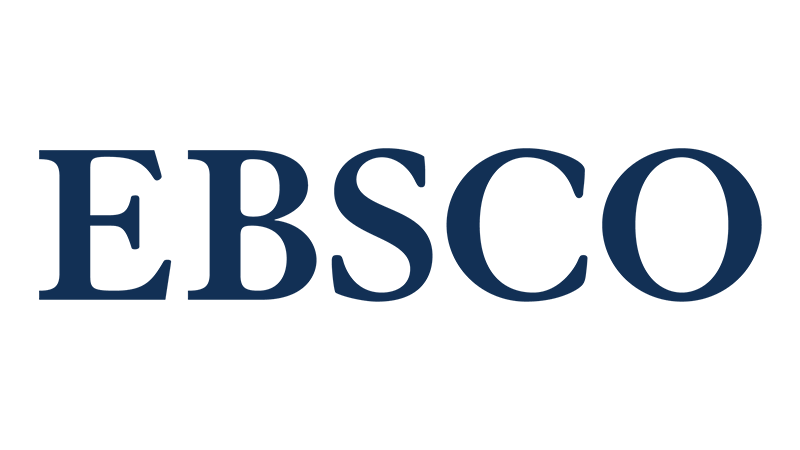
Abstract
The purpose of this study was to help identify the types of women who had opted for managerial professions in the private sector, and to identify any trends in the social, economic, or educational backgrounds that might have had a bearing on the types of women likely to pursue a managerial career. Research for the survey included 152 organizations in the private sector that had employed graduates from business educational institutions. Out of these 87 organizations reported women at managerial levels. 207 managerial women answered the mail survey. The findings suggest that the profession still remains the domain of upper-middle-class women and not much has changed between 1988 and 2004. Women’s chances of obtaining a senior managerial position increase if they have been educated at schools or institutions at which the medium of instruction was English. However, unlike their Western counterparts, Pakistani women managers do not pursue their careers at the cost of personal or family commitments.
Keywords
Women, Managers, Pakistan, Socio-demographic profile
DOI
https://doi.org/10.54784/1990-6587.1192
Creative Commons License

This work is licensed under a Creative Commons Attribution 4.0 International License.
Recommended Citation
Arifeen, S. R. (2011). The socio-demographic progression of the Pakistani woman manager 1988 to 2004: An empirical evidence from the private sector. Business Review, 6(2), 34-66. Retrieved from https://doi.org/10.54784/1990-6587.1192
COinS
Publication Stage
Published










